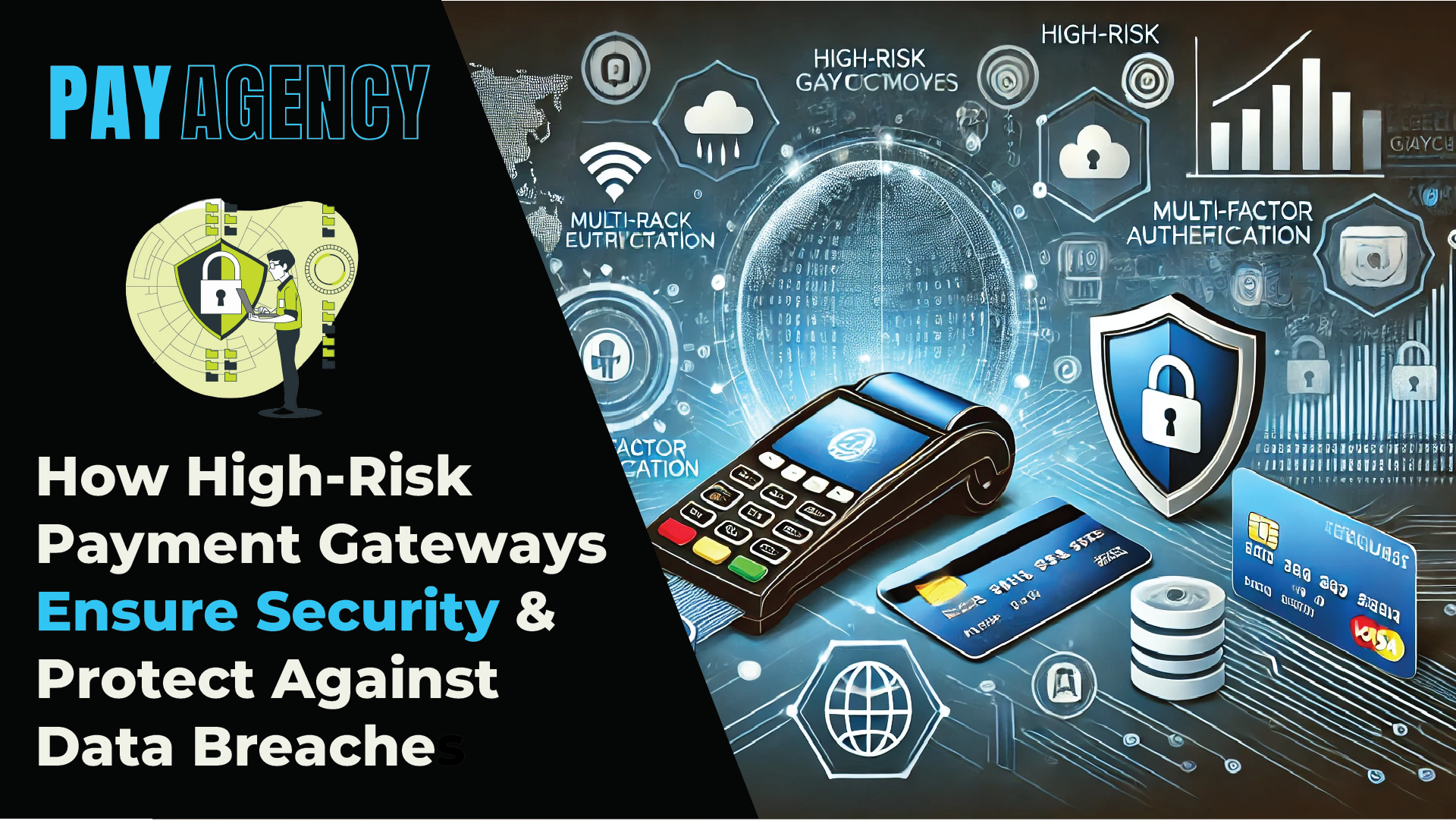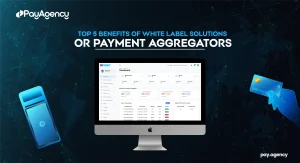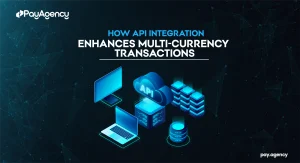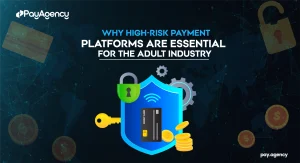Introduction
Payment security is paramount in high-risk industries like gaming, gambling, and cryptocurrency. These sectors face higher-than-average risks of fraud, chargebacks, and data breaches, making the need for secure payment gateways critical. High-risk payment gateways are designed to handle these challenges, offering advanced security measures to protect transactions and sensitive customer information.
In this blog, we’ll explore the unique challenges high-risk industries face and discuss how payment gateways ensure transaction security while minimizing the risk of data breaches.
The Challenges of Payment Security in High-Risk Industries
High-risk industries operate under intense scrutiny due to their vulnerability to fraud and compliance issues. Some of the key challenges include:
- High Chargeback Rates
Fraudulent transactions and “friendly fraud” (where customers dispute legitimate charges) contribute to increased chargebacks. High chargeback rates not only result in financial losses but can also harm a business’s reputation. - Increased Fraud Risks
Fraudsters frequently target high-risk industries due to the high transaction volumes and the anonymous nature of some transactions, especially in the gaming and cryptocurrency sectors. - Regulatory Compliance
High-risk merchants must adhere to strict compliance requirements like PCI DSS (Payment Card Industry Data Security Standard), AML (Anti-Money Laundering), and GDPR (General Data Protection Regulation). Failing to comply can lead to hefty fines and business disruptions. - Data Breaches
Cybercriminals often target payment gateways to steal sensitive customer data, including credit card details and personal information. A data breach can result in significant financial and reputational damage for both the merchant and the payment processor.
How High-Risk Payment Gateways Ensure Security
High-risk payment gateways are equipped with advanced tools and technologies to address these challenges. Here’s how they ensure the security of transactions and protect against data breaches:
- End-to-End Encryption
Encryption ensures that sensitive payment data is protected throughout the transaction process. High-risk payment gateways use end-to-end encryption to secure customer information, ensuring that it remains unreadable even if intercepted by cybercriminals. - Tokenization
Tokenization replaces sensitive payment information, such as credit card numbers, with unique tokens. These tokens are meaningless to hackers, ensuring that even if data is intercepted, it cannot be used for fraudulent purposes. - Two-factor authentication (2FA)
Two-factor authentication requires customers to verify their identity using two forms of authentication, such as a password and a one-time code sent to their mobile device. This significantly reduces the risk of unauthorized access. - PCI DSS Compliance
High-risk payment gateways are PCI DSS-compliant, meaning they adhere to the highest standards for payment security. This includes regular security assessments, data encryption, and secure storage of customer information. - Risk Scoring and Velocity Checks
Payment gateways use risk-scoring models and velocity checks to identify potentially fraudulent transactions. Velocity checks monitor the frequency of transactions, flagging unusual activity, while risk scoring assigns a risk level to each transaction based on multiple factors. - Regular Security Audits
High-risk payment gateways conduct regular security audits to identify vulnerabilities in their systems and ensure compliance with regulatory standards. These audits help prevent potential data.
How PayAgency Supports Secure Transactions for High-Risk Merchants
PayAgency provides high-risk merchants with access to secure, compliant payment gateways tailored to their specific needs. Here’s how PayAgency ensures transaction security:
- Integrated Fraud Detection Tools
PayAgency partners with payment gateways that offer AI-powered fraud detection systems, ensuring that suspicious transactions are identified and blocked in real time. - KYC and AML Compliance
Through automated KYC (Know Your Customer) and AML (Anti-Money Laundering) processes, PayAgency helps merchants verify customer identities and comply with regulatory requirements, reducing the risk of fraud and chargebacks. - Tokenization and Encryption
PayAgency integrates with gateways that use tokenization and encryption to protect sensitive data throughout the transaction lifecycle. - Global Payment Solutions
PayAgency supports multi-currency payments and cross-border transactions, ensuring that merchants can securely accept payments from customers worldwide. - Chargeback Management Tools
PayAgency offers tools to monitor and manage chargebacks, helping merchants address disputes quickly and reduce financial losses.
Conclusion
For high-risk merchants, payment security is not optional; rather, it is a necessity. Therefore, high-risk payment gateways utilize advanced technologies such as encryption, tokenization, and AI-powered fraud detection, which work together to ensure secure transactions and safeguard against data breaches By partnering with platforms like PayAgency, merchants can access compliant, secure payment solutions tailored to their industry’s unique needs.
To learn more about how PayAgency can help your business ensure secure payment processing, visit PayAgency today.





